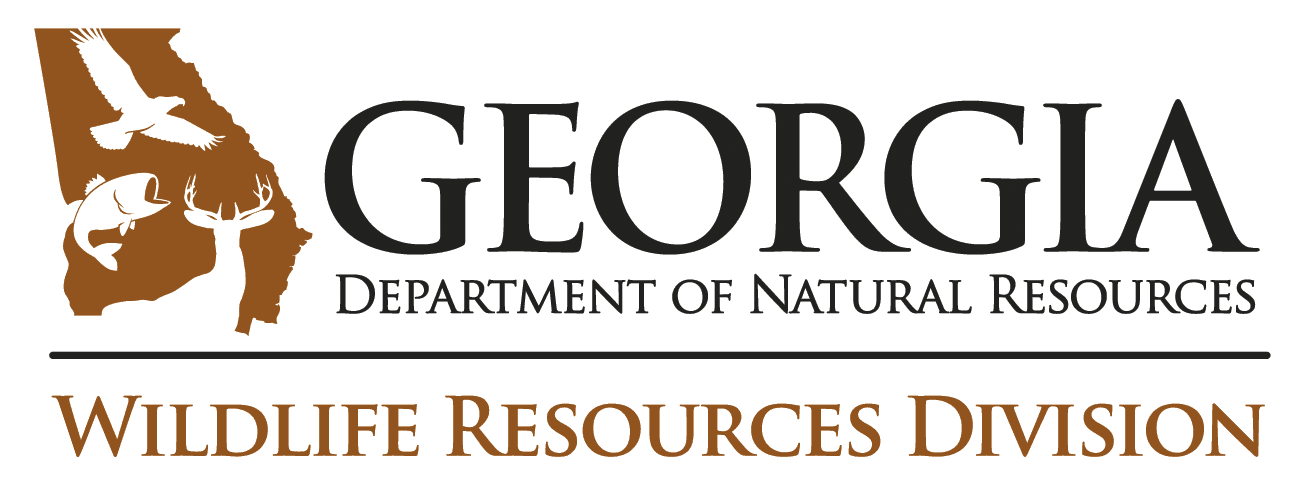Georgia’s 2014 Shad Season Opens January 1
Georgia Department of Natural Resources Wildlife Resources Division 12.20.13

Commercial fishermen can take to the water beginning at 6 a.m. on January 1, 2014 to take advantage of the opening day of shad season, according to the Georgia Department of Natural Resources’ Wildlife Resources Division (WRD). Shad season runs through midnight on Monday, March 31, 2014.
Fishermen need to be aware that, due to a recent change in the commercial shad fishing regulations, the Ogeechee River is no longer open to commercial shad fishing.
The 2014 shad season includes the following specific regulations for rivers:
- The Altamaha River downstream from the Seaboard Coastline Railroad Bridge is open for commercial shad fishing Monday – Friday. Waters of the Altamaha River system upstream of the Seaboard Coastline Railroad Bridge and below the U.S. Highway 1 Bridge are open Tuesday – Saturday, including the Ohoopee River downstream of the U.S. Highway 1 Bridge. All waters of the Altamaha river system above the U.S. Highway 1 Bridge, including the Ocmulgee and Oconee rivers, are closed to commercial fishing.
- The Savannah River is open for commercial shad fishing downstream from the I-95 Bridge Tuesday – Friday. Waters upstream of the I-95 Bridge and below the U.S. Highway 301 Bridge are open Wednesday – Saturday. All waters of the Savannah River above the U.S. Highway 301 Bridge are closed to commercial fishing. Only drift nets may be used downstream of a line between the mouth of Knoxboro Creek and McCoys Cut at Deadman’s Point.
- The Ogeechee, Satilla and the St. Marys rivers are not open to commercial shad fishing.
Following are some guidelines to ensure nets used for commercial shad fishing are legal:
- The minimum mesh size for legal set or drift shad nets is 4 ½ inches stretched.
- Set nets must be placed at least 600 feet apart and should be limited to 100 feet in length.
- Set nets must clearly display the owners name and commercial fishing license number.
- Drift nets shall not be fished closer than 300 feet apart and are limited to a maximum of 1,000 feet in length in saltwater.
- Set nets and drift nets must be situated so as to allow one-half the stream width to be open and free for the passage of fish.
- All set nets must have one end secured to the stream bank and must be buoyed at the outer (seaward) end so they will be clearly visible to other boaters.
- Sturgeon, game fish other than American shad or hickory shad, and all species of catfish taken in set or drift nets must be released unharmed into the waters where they were taken.
Commercial shad fishermen must have a valid Georgia commercial fishing license. Commercial licenses can be obtained at the Coastal Resources Division office in Brunswick. Applications for commercial licenses are also available at www.georgiawildlife.com/commercial-licenses or WRD offices.
Vessels must be registered for use on Georgia waters. Vessel registration information is available at www.georgiawildlife.com/boating/registration. Boats used below the saltwater demarcation line for commercial fishing need additional registration. Visit www.coastalgadnr.org/fb/cf/lics for information.
Georgia’s commercial fishing regulations require that fishermen must report the harvest of American shad to the Georgia Department of Natural Resources’ Coastal Resources Division. Obtain harvest reporting forms by contacting CRD’s Julie Califf at 912-264-7218.
For a complete set of commercial fishing regulations, visit www.coastalgadnr.org/fb/cf/lics or contact any of the following WRD law enforcement offices: Brunswick (912) 264-7237; Thomson (706) 595-4211 or Metter (912) 685-2145.

